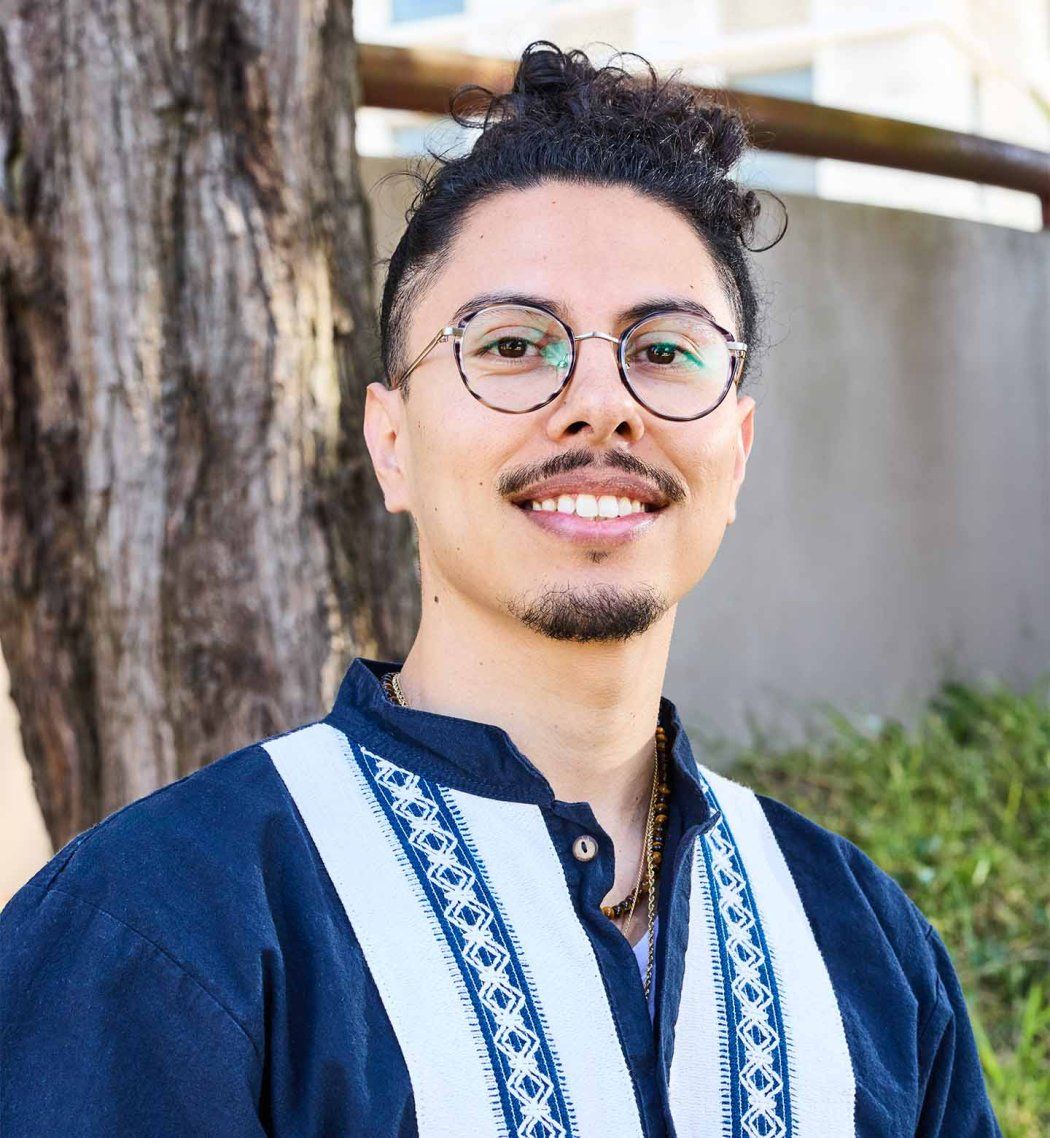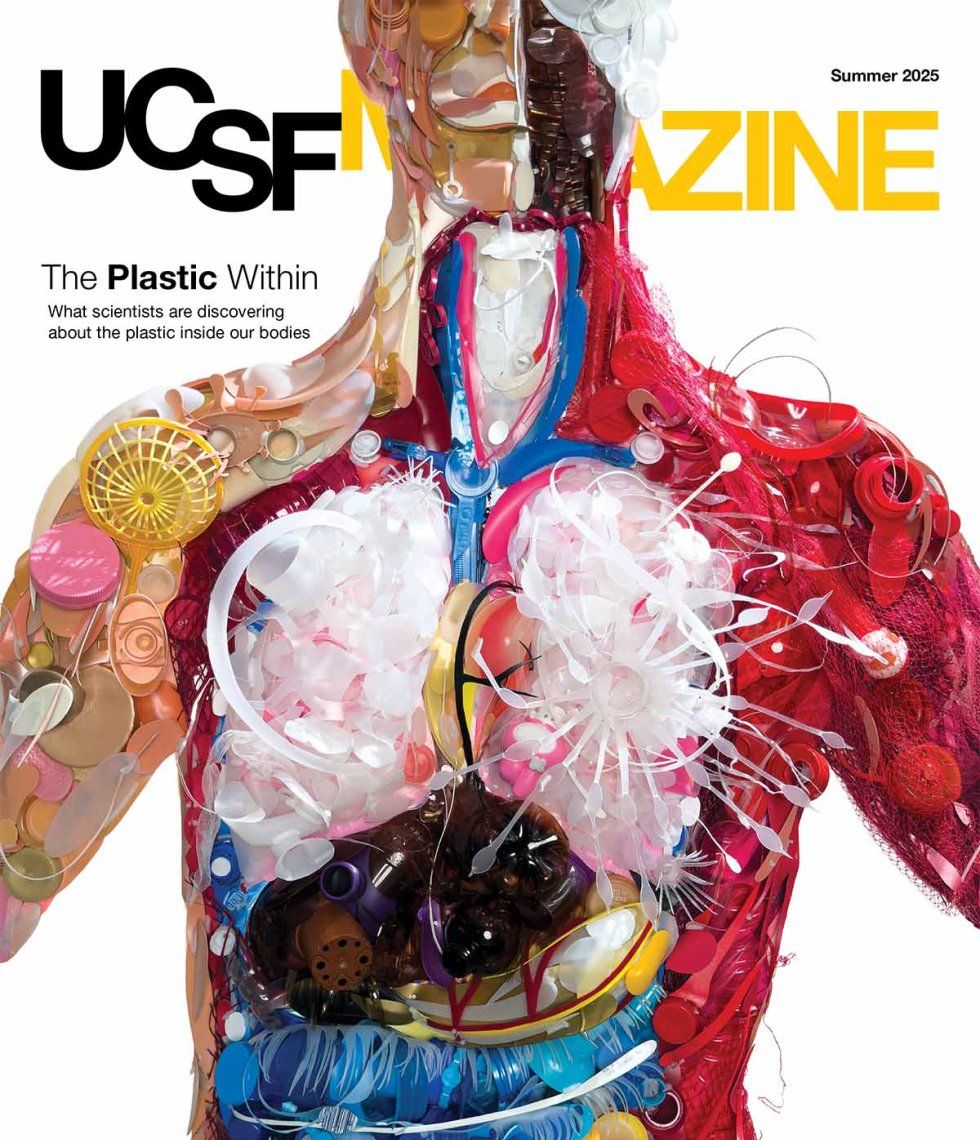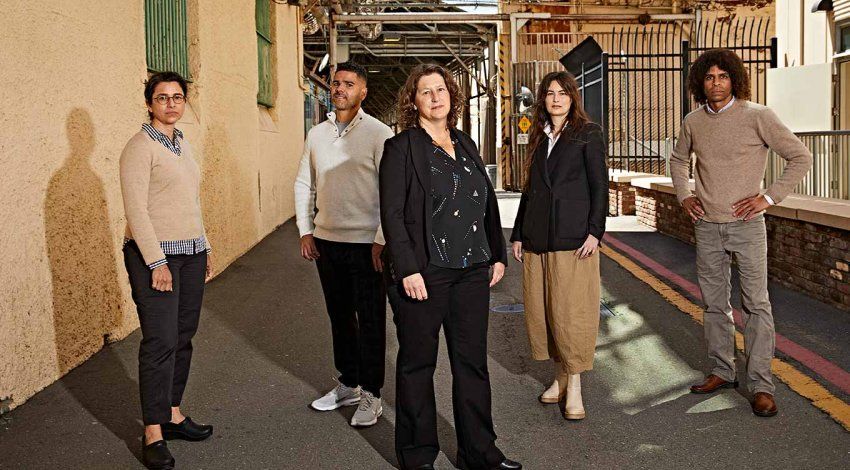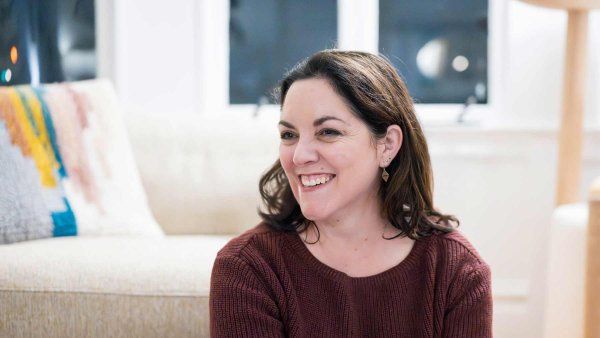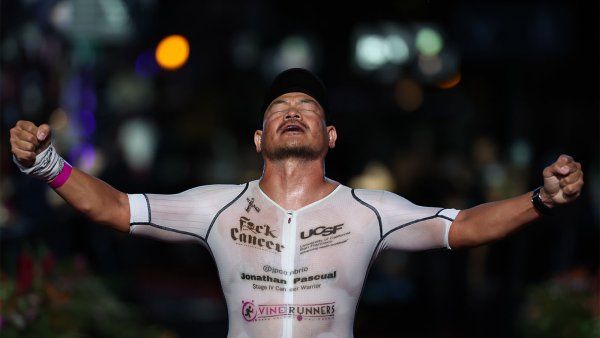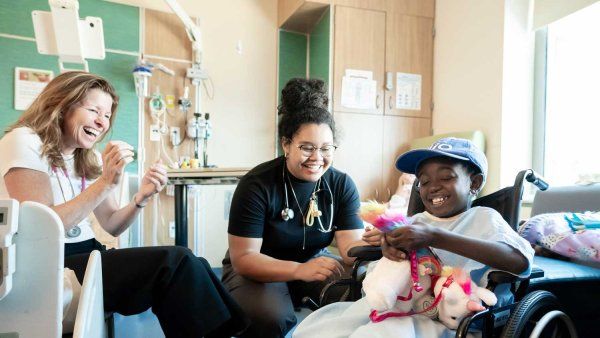
For some students, the road to medical school is obvious – paved by parents or teachers, smoothed by role models and mentors. But for many others – equally talented and often singularly inspired to serve – the path is not just harder to travel but also obscured from view. That’s why, for a quarter of a century, the UCSF School of Medicine Post Baccalaureate Program (PBP) has been providing advanced coursework, MCAT guidance, and meaningful mentorship to college grads without traditional med school-ready resumes. The program kick-starts countless careers, bringing real benefits to the communities where these physicians eventually practice.
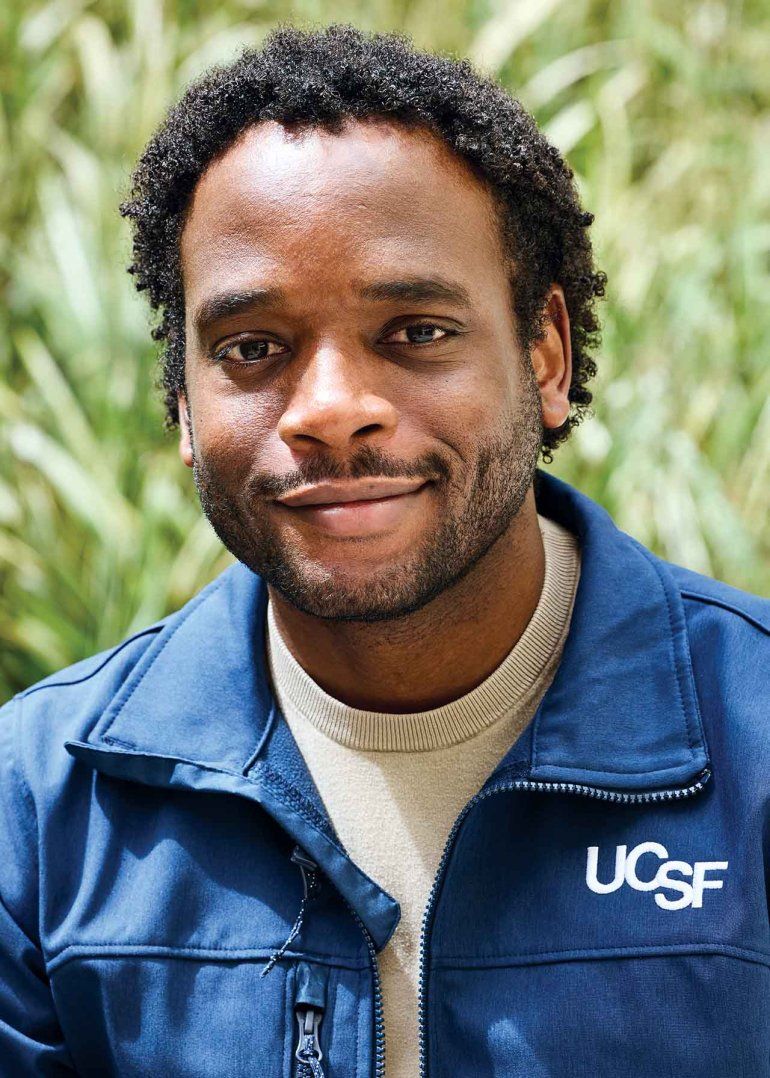
Barrier Overcome
Codner continued working full-time as a research scientist during his first semester to pay his student loans.
Beyond the Symptoms
Andre Codner was already a research scientist in biotech when he set his eyes on med school and was accepted into the PBP. Initially, he continued working full-time to pay his student loans. That challenging balance was made possible only through exceptional support from the program’s staff. “My parents didn’t go to college in the U.S., and I never had a college adviser who was helpful,” he says. “I never had the level of support I’m getting now.” His motivation stems in part from his experience as a kid. When he was 11, he went to the ER with a broken foot, and the attending physician didn’t believe he was injured. “He thought I was faking it,” Codner says. That experience stuck with him and shaped his view of how impactful a doctor who listens to their patients – or who doesn’t – can be. “The most important thing is that my future patients see me as someone who listens and cares,” he says. “Because of this program, I know I can become the doctor I wish my family had.”
The Power of Persistence
Olivia Waters was one of those kids who always wanted to be a doctor. As a kindergartner, she loved her pediatrician and decided to become one, too, and as she grew up, the dream didn’t fade. So when Waters received no interview offers during the 2021 medical school application cycle, there was no way she was giving up. Instead, she discovered the PBP, which helped her tackle her greatest challenge: the MCAT. “Standardized tests have always been hard for me,” Waters explains. The program’s eight-week MCAT course, taught by UCSF medical students, made all the difference. “I took it again and finally got a score I was proud of. That lifted a big weight off my shoulders.” Waters also found invaluable support in preparing her applications. “The staff was with us every step of the way, even after the program ended,” she says. This continuity helped cement her decision to study at UCSF. Now in the PRIME-US program, which focuses on training future physicians to work in underserved urban communities, Waters envisions practicing medicine in her hometown of Oakland and focusing on maternal and child health in African American communities.
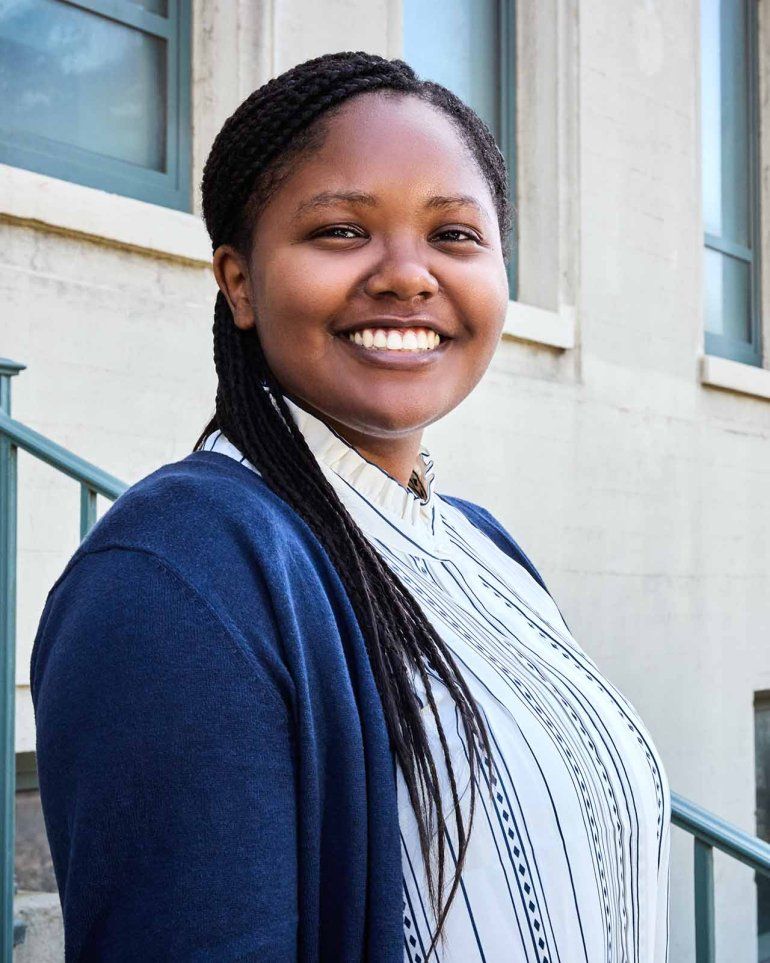
Career Catalyst
The clinical experience Waters gained through the PBP gave her valuable insight into hospital operations and strengthened her applications.
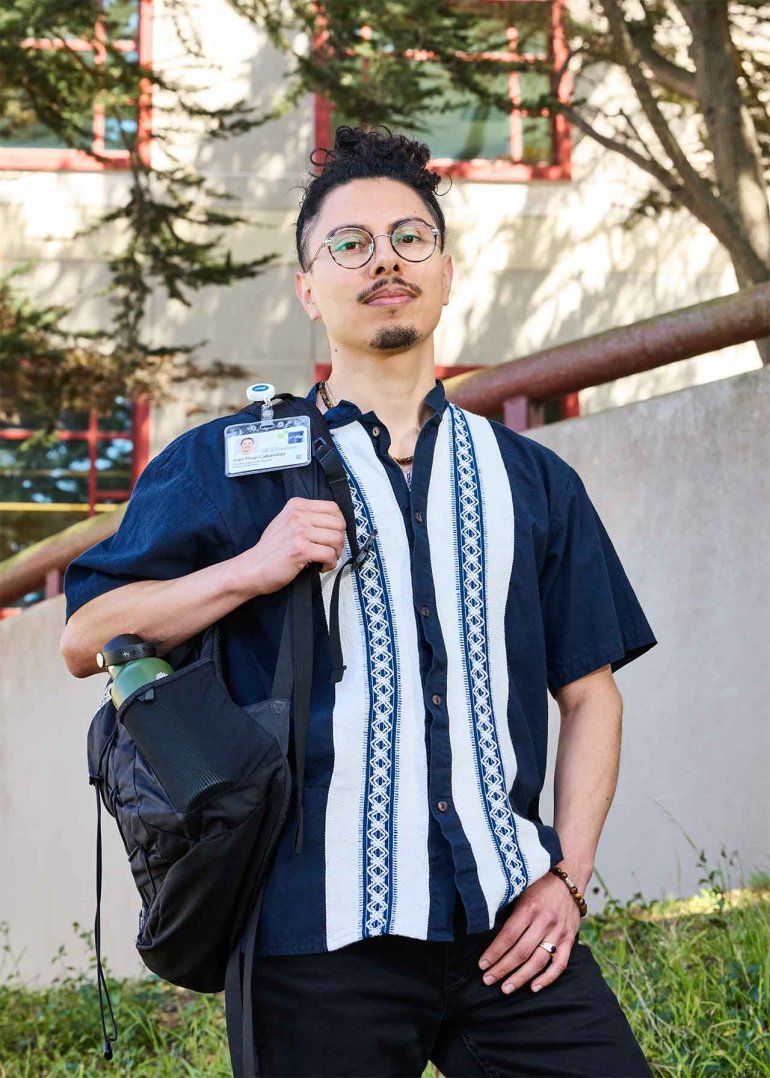
Mentorship Highlight
Regular lunches, dinners, and texts with his mentor, Shieva Khayam-Bashi, who even showed him around San Francisco when he was new to the city.
Returning to Serve
After graduating from UC Santa Barbara, Iván Piña-Cabanillas had no idea what practicing medicine might look like, but he knew he wanted to apply his biochemistry degree to real-world problems. Without family money, he also needed a paycheck to help his older brother through medical school. So Piña-Cabanillas returned to his hometown of Salinas to work in the local hospital’s emergency department, first as a scribe and then, as a second job, as a clinical assistant. “The ER wasn’t what I expected,” he says. “It wasn’t like on TV. What stood out was just how many people were working together to make everything work.” When it was finally his turn to try for medical school, he found the PBP. Through the program, he built a crucial relationship with Shieva Khayam-Bashi, MD, a professor emeritus of family and community medicine. Khayam-Bashi has provided him with mentorship that’s “close to spiritual guidance,” Piña-Cabanillas says. “It’s so helpful, especially in those moments of self-doubt, to talk to someone who’s been through it all.” Looking ahead, Piña-Cabanillas’ vision is clear: “I want to go back to Salinas and practice medicine there. There are so many people who need a lot of help. And if they don’t have health, they can’t do much else.”
Bridging Language Barriers
Katrin Jaradeh, MD, a second-year resident in emergency medicine at UCSF, wasn’t accepted to medical school on her first attempt. Thankfully, she found her way to the PBP, where the staff reassured her that getting in wasn’t just possible, but that they also were personally invested in helping her succeed. Now that Jaradeh is a practicing physician, she carries that experience with her every day. “Whether it’s my patients or the young people I’m now mentoring,” she says, “I want people to feel heard, supported, and seen.” It’s a mission reflected in her ongoing research as well – studying the use of interpreters in the ER. “One big reason I went into emergency medicine is remembering how my grandfather, who speaks only Arabic, once went to the ER all alone. I’ve thought a lot about whether he understood what was happening – or if he was disoriented by it all. That focus on language-congruent care drives both my research and my practice.”
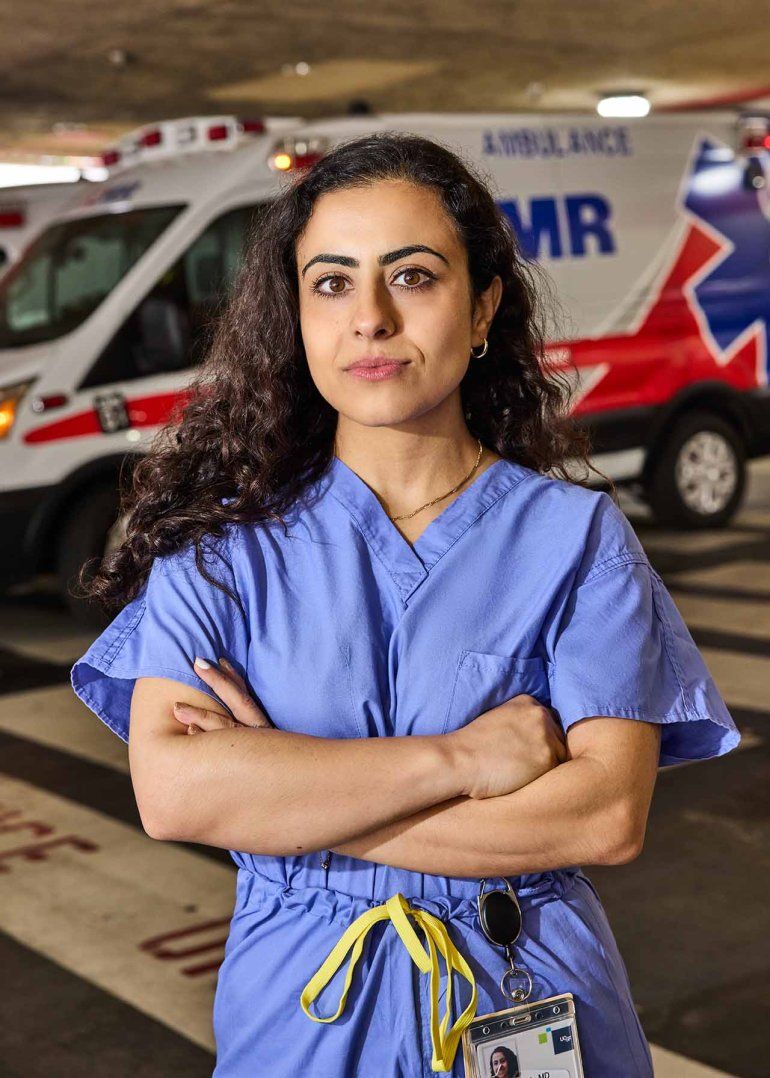
Paying It Forward
Jaradeh created two mentorship programs for students in the PBP, and she mentors medical students on their research projects.

